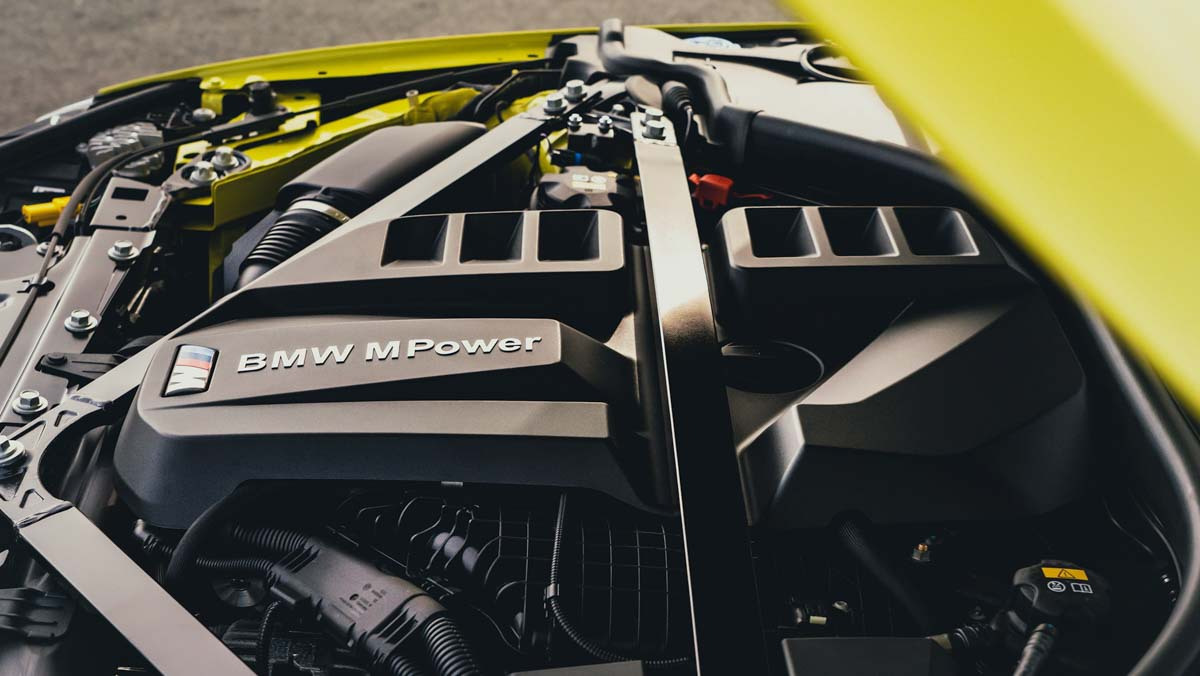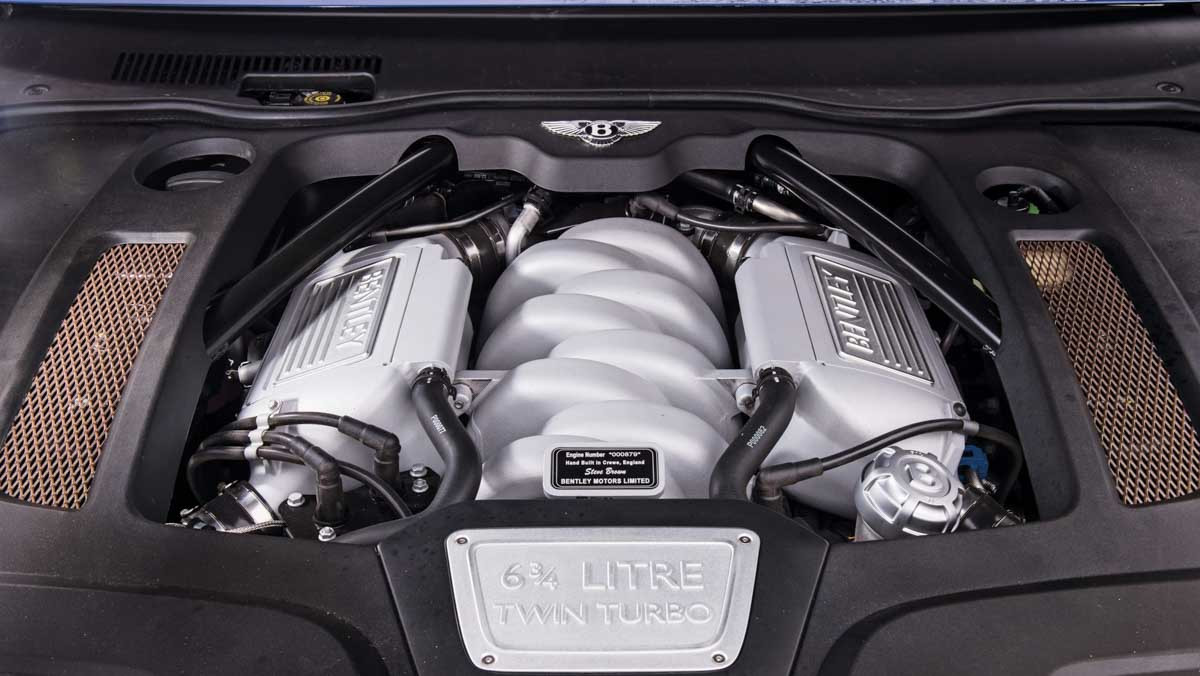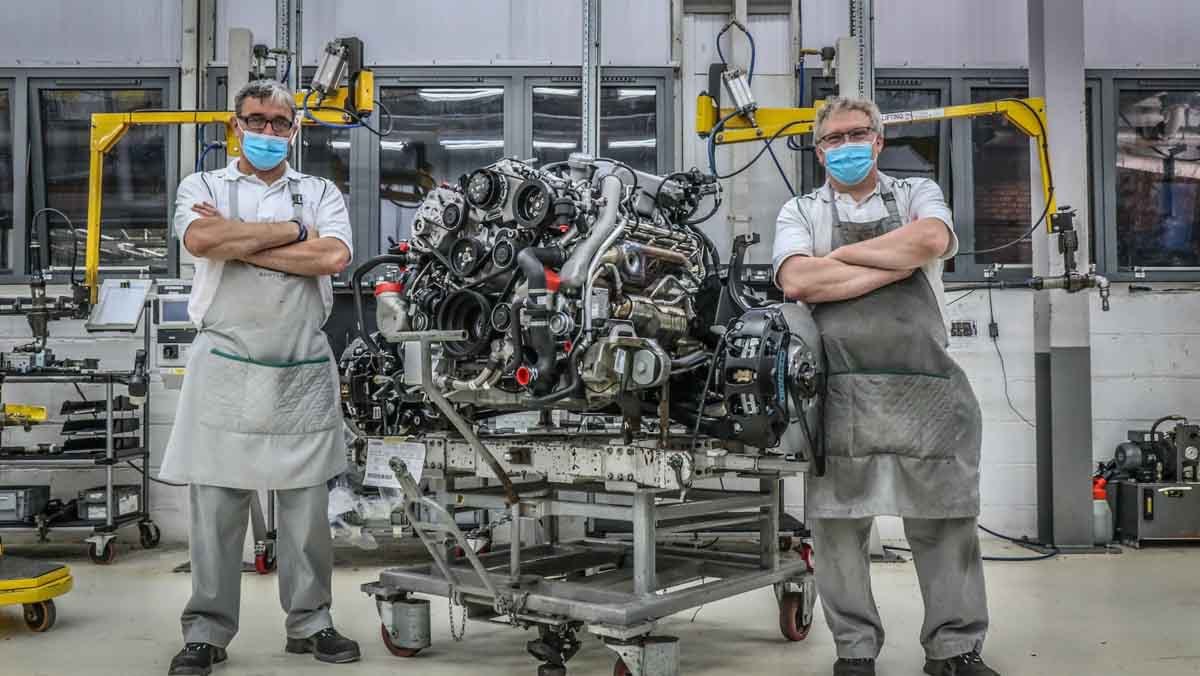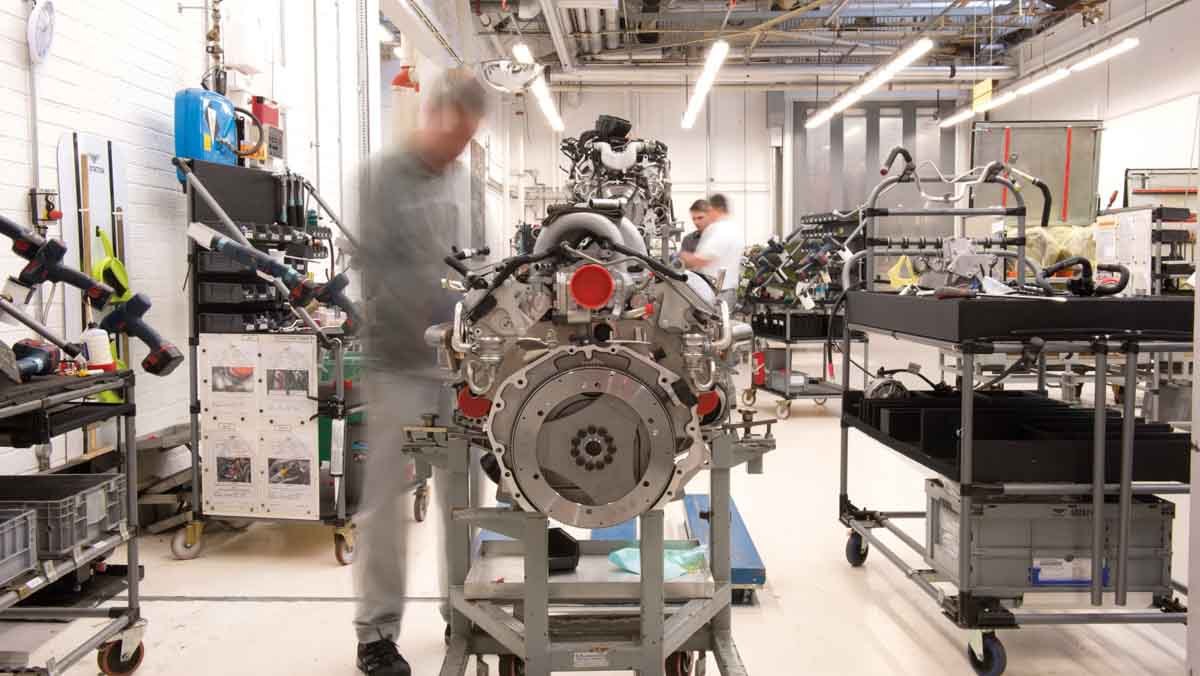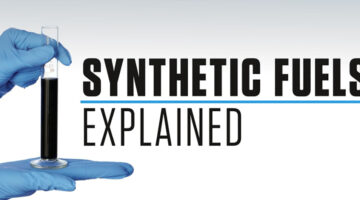Porsche and Bentley claim a car running on eFuel will have the same CO2 footprint as an EV, and BMW, Audi, Aston Martin and McLaren all agree
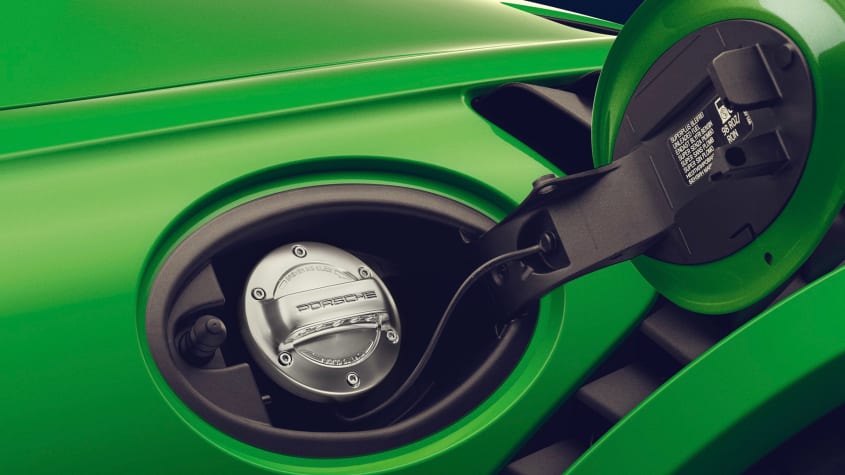
Porsche’s Vice President Motorsport and GT cars, Dr Frank Walliser, believes internal combustion engines using synthetic fuel, or eFuel, will make internal combustion cars as clean as an electric alternative. Speaking at the launch of the new 911 GT3, Dr Walliser explained that Porsche’s development of synthetic fuels is on course to start trials in 2022 and that this fuel could be used in all of Porsche’s current internal combustion engines without any requirements to modify them, including the all-new 992-generation GT3.
“Synthetic fuels are very important to allow us to reduce our CO2 output. Emissions are way better than current pump fuel, with less particulates and less NOx produced; synthetic fuels have between eight to ten components whereas petrol today has 30-40 and not all of them are welcome,” Walliser explained.
“Synthetic fuel is cleaner and there is no bi-product and when we start full production we expect a CO2 reduction of 85 percent. From a ‘well to wheel’ perspective – and you have to consider the well to wheel impact of all vehicles – this will be the same level of CO2 produced in the manufacture and use of an electric vehicle.”
> New 992 Porsche 911 GT3 revealed – a McLaren 600LT killer
Audi has also been working with its own partners on eFuels since 2009 and performance car OEMs such as McLaren and Aston Martin have also signalled its support of the technology. BMW M’s Head of Development, Dirk Hacker, also thinks eFuels are a viable option. Speaking ahead of the launch of the new M4 he told evo: “We are looking at eFuel because I think it could be something offered by the petrol industry in the future. eFuel is an additional feature for the challenges we have in the future.”
Bentley has also confirmed its position on e-fuels. Speaking at the launch of the Continental GT Speed, Matthias Rabe, Board member of Engineering for Bentley confirmed that it is working alongside Porsche and Audi in the development of synthetic fuels. “Some transport solutions will always require a liquid fuel on a small scale and if we need to provide a solution for e-fuels we will.” Bentley’s CEO, Adrian Hallmark added “It takes between 20 to 30 years to take a car off the road once it has been built and sold. So if you look at the new petrol engined cars that will be sold later in this decade these will be on the road for another two or three decades. The benefit of synthetic fuels is it can be blended with existing fuels or you can use pure e-fuels if required when the time comes.”
But it’s industry suppliers such as Bosch that have been the most vocal advocates of the new technology, citing that even with the stringent targets being placed on manufacturers now, a majority of cars on the road in 2030 will still be powered by fossil fuels. Development of cleaner alternatives, like eFuel, will have its own part to play in order to solve at least part of the problem.
While the development of synthetic fuels remains in its infancy and the production process requires large scale investment for what is considered a small volume (Porsche expects to have 130,000 litres ready by 2022), manufacturers and suppliers haven’t given up on the internal combustion engine just yet and are continuing to invest in eFuels.
As well as allowing today’s internal combustion engined cars to significantly reduce their emissions and to offer a sustainable alternative for motorsport (currently Porsche only plans to use its synthetic fuel for its motorsport programmes and at its driving experience centres), synthetic fuels would allow older cars to remain on the road without the need for any modifications to their engines while still benefiting from the same reduction in tailpipe emissions.
With Governments around the world already announcing plans to ban the sale of petrol and diesel engined cars by the end of the decade, you could argue the development of synthetic fuels is a fruitless task. But the industry is wise to every Government’s willingness to make the boldest of u-turns on a whim, and also bright enough to understand that electric vehicles will never be the answer to every mobility need.
This article originally appeared at evo.co.uk
Copyright © evo UK, Dennis Publishing

